Dressage at Devon Hosts Educational Lectures with Industry Experts
November 20, 2023 – For nearly 50 years, Dressage at Devon (DaD) has offered not only world-class competition but also a vast array of educational opportunities for competitors and spectators alike.DaD has recognized the importance of education from the onset and has made education one of its core initiatives, bringing all who attend countless opportunities to learn from the best in the industry year after year. The 2023 edition of Dressage at Devon presented by Kingsview Partners welcomed the New Bolton Center’s Dr. Amy Johnson, Dr. Tamara Dobbie, and Dr. Katrin Hinrichs, as well as Dr. Hillary Clayton and Shawna Karrasch. This impressive group of industry leading experts provided invaluable insight on Equine Degenerative Myeloencephalopathy (EDM), Intracytoplasmic Sperm Injection (ICSI), Biomechanics, and Positive Reinforcement, respectively.

NEW BOLTON CENTER LECTURES ON EDM AND ICSI
Sponsored by Hilltop Bio
Once thought to be quite rare, Equine Degenerative Myeloencephalopathy (EDM) is a neurodegenerative disorder that has become increasingly recognized as time goes on and continues to be difficult to identify as its clinical signs often resemble other neurologic disorders such as cervical vertebral compressive myelopathy, equine protozoal myeloencephalitis (EPM), and equine herpesvirus 1 myeloencephalopathy (EHV 1). Dr. Amy Johnson is a Diplomate of the American College of Veterinary Internal Medicine – Large Animal & Neurology, a Marilyn M. Simpson Associate Professor of Equine Medicine at the University of Pennsylvania School of Veterinary Medicine – New Bolton Center, and the Section Chief of Internal Medicine & Ophthalmology at New Bolton as well. A leader in the field of neurology, Dr. Johnson partnered with her neurology research fellow, Dr. Sarah Colmer, Diplomate American College of Veterinary Internal Medicine – Large Animal, to provide guests with invaluable insight as to what is being learned about EDM from head to tail.
Dr. Johnson explained that EDM results in abnormalities of specific neurons in the brainstem and spinal cord and can cause a whole host of behavioral and neurologic issues. These clinical signs typically appear in affected horses before the age of two, but can often be hard to recognize if the horse presents only with mild symptoms. While research on EDM is ongoing, currently neither an official antemortem diagnosis nor effective treatment are available. Horses with EDM are genetically predisposed to the disease, but an environmental trigger in the form of Vitamin E deficiency is required for onset of clinical symptoms, which include lack of coordination, gait abnormalities, and proprioceptive deficits (unsure where to place their feet). In the living horse, EDM is considered a “diagnosis of exclusion,” meaning that it has no accurate diagnostic test and other possible causes of the horse’s neurologic signs must be ruled out through appropriate diagnostic testing before backing into a diagnosis of EDM. Finding a more accurate means of diagnosis in the living horse is an active area of research. For a period of time, a biomarker test for phosphorylated neurofilament heavy subunit (pNF-H) was available at the University of California- Davis. However, many horses with EDM did not have increased pNF-H concentrations, limiting its utility. Research at New Bolton Center suggests that biopsy of the tailhead muscle can help lend support to a diagnosis of EDM; this muscle shows damage after a period of vitamin E deficiency, which is a known risk factor for EDM. Postmortem examination of the brain and spinal cord is still required for a definitive diagnosis of EDM.
Following Dr. Johnson’s presentation, New Bolton’s Dr. Tamara Dobbie, and Dr. Katrin Hinrichs spoke about the benefits of Intracytoplasmic Sperm Injection (ICSI) for those interested in being able to compete and breed their mares at the same time. Both leaders in the field of equine reproductive medicine, Dr. Dobbie, DVM serves as a Diplomate of the American College of Theriogenologists (DACT) Associate Professor at New Bolton Center, while Dr. Hinrichs, DVM, PhD, serves as the DACT Henry Werner Professor of Equine Medicine Chair of Department of Clinical Studies at New Bolton Center. Reproductive technology has been a strength of Penn Vet’s since research on mammalian embryo culture in the 1960s and their clinical services continue in this tradition through their offerings of advanced reproductive services. For ICSI, oocytes recovered from the mare are taken to the laboratory PEARL (the Penn Equine Assisted Reproduction Laboratory) at New Bolton, which specializes in intracytoplasmic sperm injection (ICSI). There, the oocytes are matured, each oocyte is injected with a single sperm cell and then allowed to develop in culture for several days. ICSI offers owners with mares a great alternative to traditional breeding that provides an opportunity to keep the mare in work and breed her at the same time.

On Dressage Explorer’s Day, sponsored by the Grier School, children also had the opportunity to learn from New Bolton’s Dr. Liz Arbittier, BA, VMD, and her team about what the life of a vet and/or vet tech is like and what it takes to get into the field of equine veterinary medicine. Dr. Arbittier specializes in sports medicine, lameness, performance horses, and geriatric wellness, she is also a Certified Veterinary Acupuncturist and an Associate Professor of Clinical Equine Field Service at the University of Pennsylvania School of Veterinary Medicine.
TRAINING YOUR EYE TO EVALUATE THE HORSE’S BIOMECHANICS WITH DR. HILARY CLAYTON, BVMS, PhD, Dipl. ACVSMR, FRCVS
Sponsored by Taylor Harris Insurance Services (THIS)
A horse’s conformation, how they carry themselves, the way they are ridden, and the tack they are ridden in all contribute to their ability to perform. Combining physics and physiology, the study of equine biomechanics focuses on how both components impact the performance of a horse. Dressage at Devon welcomed Dr. Hilary Clayton, BVMS, PhD, Dipl. ACVSMR, FRCVS, an industry leading expert in the field of equine biomechanics, to speak at this year’s competition. Setting a foundation upon which to build, Dr. Clayton gave a general overview of the vertebral structure of a horse and explained how each intervertebral joint in a horse’s spine only has a small degree of mobility individually, but collectively, allow for considerable movement throughout the neck and back. The degree of movement required varies depending on the gait. Of the three gaits, the canter requires the most flexion and extension, and therefore necessitates the greatest degree of stability in the back.
Speaking into the physics component, Dr. Clayton explained that the back movement we see in a horse as they perform is a result of physics – inertia, gravity, and propulsive forces coming from the hind legs. Dr. Clayton explained that the horse’s back must actually remain stable to support the horse’s weight and transmit the propulsive forces from the limbs. Thus, in order to control the movement of the spine, the back muscles must be supple. Using the analogy of a beam, Dr. Clayton described how the weight of the horse’s organs in combination with the weight of the tack and the rider can result in the hollowing of the beam (back) in the middle, thereby causing the vertebra to compress in what is known as kissing spines. Just as a hollow back brings the vertebra closer together, so too does a round back increase space between the spinous processes. Dr. Clayton thus concludes that regardless of discipline or level of competition it is invaluable for your horse to learn to work with a round topline.
A veterinarian, researcher and horsewoman, Dr. Clayton has performed innovative research for over 40 years in the areas of locomotor biomechanics, lameness, rehabilitation, conditioning programs for equine athletes, and the interaction between rider, tack, and horse. Her work has been published in over 200 articles as well as seven books. Dr. Clayton served as the Mary Anne McPhail Dressage Chair in Equine Sports Medicine at Michigan State University’s College of Veterinary Medicine from 1997 until she retired from academia in 2014. Continuing to collaborate with colleagues at universities around the world, Clayton’s research is ongoing. A charter diplomate and past president of the American College of Veterinary Sports Medicine and Rehabilitation, Dr. Clayton is also an Honorary Fellow of the International Society for Equitation Science and has been inducted into the International Equine Veterinarians Hall of Fame, the Midwest Dressage Association Hall of Fame, and the Saskatoon Sports Hall of Fame. A passionate horsewoman and competitive rider, Clayton has competed in many equestrian sports, most recently focusing on dressage in which she trains through the Grand Prix level and has earned U.S. Dressage Federation bronze, silver, and gold medals.

POSITIVE REINFORCEMENT FOR DRESSAGE HORSES WITH SHAWNA KARRASCH
Sponsored by Dressage at Devon
A pioneer in the field of equine positive reinforcement, Shawna Karrasch has provided eye-opening experiences with powerful and humane behavioral training techniques for equine professionals, competitors, and amateurs alike. Bridge conditioning and positive reinforcement are at the basis of Karrasch’s training techniques and have been published in books and videos as well as offered through lectures around the globe such as the one hosted by Dressage at Devon. DaD’s educational initiatives intersected perfectly with Karrasch’s transformative training techniques to offer attendees a unique perspective and approach to training that is not often seen, yet should be shared as it is highly beneficial to both horses and riders. Karrasch began her career at SeaWorld training dolphins, whales, and sea lions to do anything and everything from tail splashes to jumps and flips. The experience and neuroscience based education at Sea World provided Karrasch a unique opportunity to translate her acquired knowledge to horses. Not long after Karrasch’s introduction to top equestrian competition, John Madden was so impressed with Karrasch’s work that he invited her to join him and his wife, Olympian Beezie Madden, at their farm John Madden Sales, in Cazenovia, NY. The Madden’s farm became the testing grounds for adapting Positive Reinforcement Training to horses. At the time, the Madden’s had a famous show jumper named Judgement, now Judgement ISF, who was notorious for his fear of jumping in the water. Utilizing her Positive Reinforcement Training methods, Karrasch and the Madden’s were able to help Judgement conquer his fear of water and he went on to win the $1,000,000 CN International at Spruce Meadows as well as numerous other international show-jumping competitions.
Karrasch’s lecture focused on the difference between the more traditional pressure and release training methodologies and positive reinforcement. Using a fear of spiders as an analogy, Karrasch asked the attendees to imagine being terrified of spiders, tied to a box they cannot leave, and then having a bunch of spiders dumped on top of them. More than one person in the audience cringed as Karrasch’s example landed. Her point was made, and it was that just because eventually you might stop moving, that does not mean you are no longer afraid, but rather have entered a state of fight or flight, of exasperated fear. Thus, while negative reinforcement and desensitization methods that result in compliance are often thought to create an absence of fear, the science of neuropsychology would actually indicate that those methodologies are in reality only creating a state of paralysis, or learned helplessness, in which there is not a lack of fear, but rather an abundance of it.
Karrasch then asked guests to consider an alternative fear-conquering training method based on the findings of world-renowned physiologist Ivan Pavlov from his classical conditioning research with dogs. Pavlov’s research resulted in a pivotal discovery – at the ring of a bell, dogs that were classically conditioned to be fed after hearing the bell, salivated at the sound regardless of whether meat was or was not present. Thus, the alternative Karrasch presented was a fascinating one to contemplate – create the positive visceral response, and then approach the scary thing, whatever it may be. Concluding the spider analogy, Karrasch asked the audience to consider how different their experience with spiders and the person exposing them to the eight-legged creatures would be if instead of being tied to a box and exposed over and over until paralysis set in, they were classically conditioned to enter a state of dopamine release at the sound of a clicker and then asked each day, after hearing the clicker to get one step closer to the glass box holding the spiders at a distance. The analogy, while perhaps an extreme visual, was effective and powerful as it became clear that the trust created with the positive reinforcement glass box approach would far exceed that which would be created in the tied to a box approach. Horsemen/women have often said, “If the horse doesn’t respect you, they won’t trust you, if they don’t trust you they won’t love you, but if you can earn their respect, their trust, and therefore their love, they will do anything for you.” Karrasch’s talk at Dressage at Devon offered a unique refreshing perspective for those with amenable and disagreeable horses, professionals and amateurs, owners and riders – the premise: inspiration over force – the basis: neurobiology and neuropsychology.
This year’s informative lectures were enjoyed by competitors, owners, spectators, riders, trainers, and handlers and were a direct result of Dressage at Devon’s vision and mission to offer an unparalleled experience not only in competition, but also in education.













